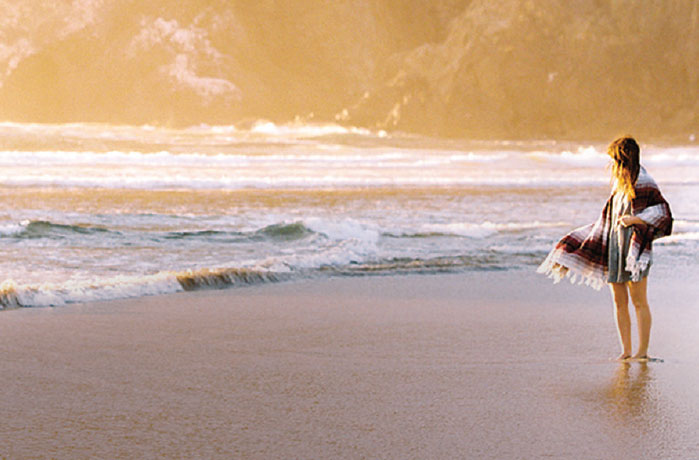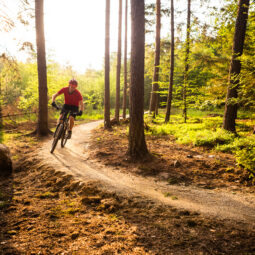By Janelle Rohrback, MD, dermatologist at The Portland Clinic

When you live in a place that’s known for its rain, it can be hard to take sun protection seriously. We don’t see sunshine that often, so we just don’t think about skin cancer much. Maybe that’s why it comes as such a shock when we find it. But skin cancer is by far the most common kind of cancer, even here in the mostly cloudy Northwest. I’ve lost patients to melanoma, the most dangerous form of skin cancer.
About two-thirds of the melanomas I find during skin exams are in people who came to me for a completely different reason. When I find seriously advanced skin cancers, patients often say that their friends and family members have been telling them for years to “get that mole checked,” but they’d had it so long, they thought it was no big deal.
As we head into our short but beautiful sunny season, please protect yourself.
Choose the right sunscreen
Use one with an SPF of 30 or more, and look for the words “broad spectrum” or “UVA and UVB protection” on the label. The SPF rating applies only to UVB protection, but UVA is damaging, too.
Lay it on thick
Most people spread their sunscreen too thin and don’t apply it often enough. Slather it on every two hours, especially if you get wet or sweaty.
Avoid mid-day rays
Hit the shade between 10 a.m. and 4 p.m., when the sun is most intense. Wear hats, glasses and protective clothes for extra coverage mid-day. Many stores now carry lightweight clothes with built-in UV protection.
Protect yourself at every age
Does sunscreen still matter in your 60s and 70s? Absolutely. While the years up to the mid-20s are critical, sun damage is cumulative, increasing the harm to your skin’s DNA with each exposure.
Protect yourself no matter what your skin type
Light-skinned, dark-skinned — anyone can get skin cancer, and it’s often diagnosed in more advanced stages in people who least expected it.
Don’t use tanning salons
UV (ultraviolet) light, whether from the sun or a tanning bed, is considered a Group I carcinogen by the World Health Organization. Minors are banned from tanning salons in 12 states, including Oregon, due to the known danger of skin cancer from UV exposure early in life.
Get to know your skin
Starting in your early 20s, take two minutes a month to give yourself a head-to-toe skin check. Get to know what’s normal for your skin, and watch for new moles or changes that could be signs of skin cancer. People who do this find melanoma earlier, when it’s easiest to treat. Learn how to do a skin check.
Get suspicious moles checked
Most moles develop by your mid-30s and don’t change much after that. A mole that does start to change in size, shape or color, or that itches or bleeds, should be checked. Pimples or unexplained sores that don’t heal also could be signs of skin cancer and should be evaluated.
Get screened by a doctor starting at age 50
Even if you check your own skin regularly, it’s a good idea to get screened every couple of years by your primary care provider or dermatologist starting at age 50. Not all cancers are easy to spot on your own — in men, the most common site for melanoma is on the back; for women, it’s the back of the calves. Dermatologists know what to look for, and use tools that make it easier to examine suspicious areas up close. If you have multiple moles, we also can take photos to track them over time.
If you’re at higher risk, take extra care
If you have a personal or family history of skin cancer, have fair skin or multiple moles, have had heavy sun damage or previous blistering sunburns, or have used tanning beds or lamps, start annual screenings with your doctor at age 40. If you have several strong risk factors, start in your 30s. And take skin protection very seriously.
With a few sensible precautions, there’s no reason why you can’t enjoy the Northwest’s beautiful summer days. Protect your skin, relax in the shade during the heat of the day, and have a great — and safe — summer.


